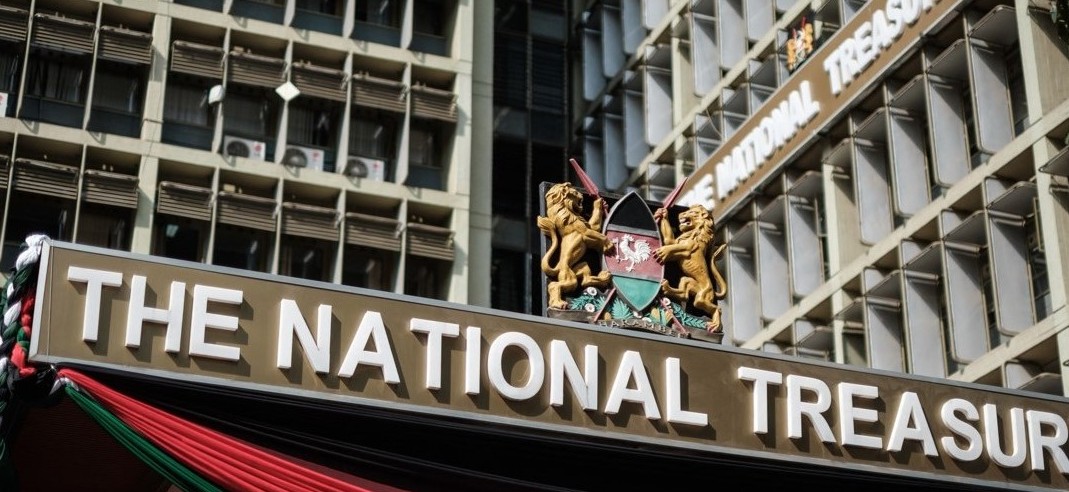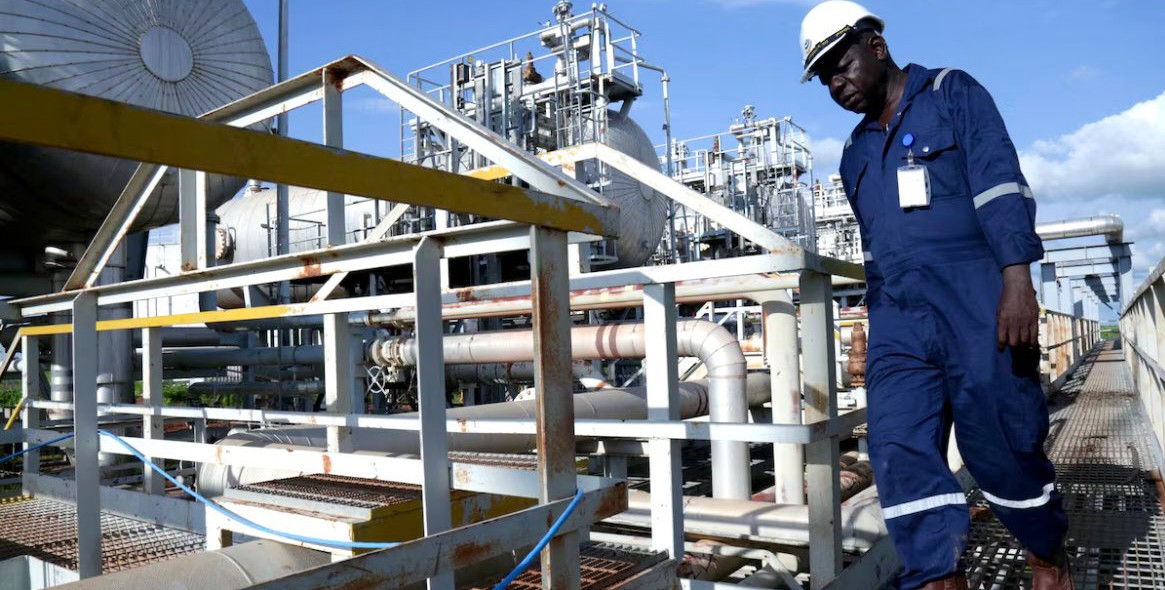Treasury under fire for snubbing MPs over Sh30 billion rural electrification debt

The exchequer was to appear before the House committee on Tuesday, August, but failed, a reason the committee believes is a deliberate act of inaction by the Treasury.
MPs have accused the National Treasury of sabotaging rural electrification efforts in some parts of the country after its representatives failed to appear before the House committee to answer questions on the Sh30 billion owed to Kenya Power and Lighting Company (KPLC) for the Rural Electrification Scheme (RES).
Sitting in the Public Investments Committee on Commercial Affairs and Energy, the MPs raised concerns over the debt, which they say has stalled some rural projects.
More To Read
- Women secure majority of contracts in inclusive government procurement programme
- Auditor General flags Kenya Power for missing 30 per cent tender quota for youth, women, and PWDs
- Kenya’s electricity demand hits all-time high of 2,439 MW, straining power generation capacity
- Treasury CS John Mbadi defends ballooning State House budget
- Ndindi Nyoro questions government’s decision to sell 15 per cent Safaricom stake
- Government cuts funding to merged, dissolved state corporations
The exchequer was to appear before the House committee on Tuesday, August, but failed, a reason the committee believes is a deliberate act of inaction by the Treasury.
The committee claims that stalled funding as a result of the debt has directly affected the rollout of electrification projects in areas such as Elwak, Kakaba, Mfangano, Fatuma Solar in Mandera, and the Halado and Fiba mini-grids in Wajir.
According to the committee's Vice-Chairperson, John Ariko, the continued inaction by the exchequer is sabotaging rural electrification programs meant to uplift marginalised communities.
He claims the aforementioned areas still live in darkness because batteries don’t work, and fuel tanks are too small.
“The Treasury owes KPLC Sh30 billion, and now tells us they will only ‘consider’ repayment in the next fiscal year. Is it because they walk around with money in their pockets?” Ariko said.
“This matter is not a joke. The PS Treasury should have addressed these issues long ago. It is unacceptable to profile regions and say they are not viable for electrification. That is not just wrong, it is shameful.”
A response from the Treasury had noted that the Sh30 billion owed to KPLC is not commercially viable to fund.
The Committee has been examining the Auditor General’s reports on KPLC and the Kenya Electricity Transmission Company Limited (KETRACO) for FY 2018/2019 to 2022/2023.
Notably, the reports raise concerns over outstanding receivables, stalled rural power projects, and pending wayleave compensations affecting key transmission lines like Ndhiwa–Sondu and Narok–Bomet.
Chairperson Hon. David Pkosing reiterated the committee’s commitment to accountability.
In a strongly worded directive, the committee has summoned the Treasury to appear without fail on Tuesday next week to provide clarity on the matter.
The meeting on Tuesday was to bring together key stakeholders in the energy sector, including the Ministry of Energy, Kenya Power, and the National Treasury.
Among these, the invited stakeholders, only the Ministry of Energy hid the call, but the National Treasury’s absence rendered the meeting inconclusive.
Top Stories Today












































